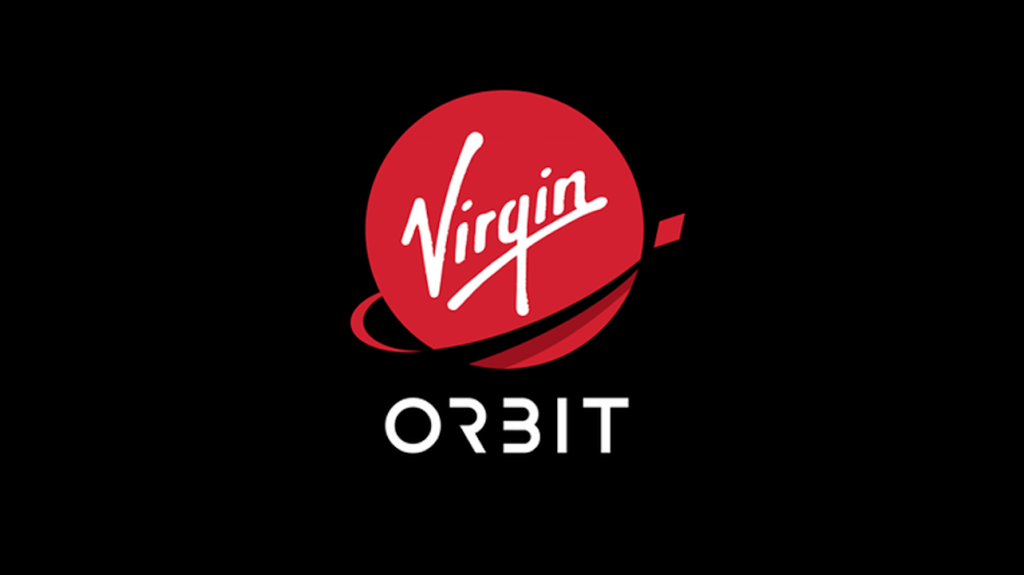
Virgin Orbit To Shut Down After Failing To Find A Financial Lifeline (Image Credit: Payload)

Richard Branson’s cash strapped launch company Virgin Orbit announced on Thursday that it will shut down and lay off 675 of its 775 employees after failing to secure “meaningful funding” over the past two weeks. CEO Dan Hart made the announcement during an employee all-hands meeting on Thursday afternoon.
Virgin Orbit will have approximately $15 million in layoff costs, including $8.8 million in employee severance payments and benefits and $6.5 million on outplacement services and other expenses, the company said in a filing with the Securities and Exchange Commission (SEC). Layoffs are expected to be “substantially complete” by April 3.
Virgin Orbit operates a production facility in Long Beach, California and tests LauncherOne booster engines at the Mojave Air and Space Port in California’s high desert. Launches using the company’s Boeing 747 “Cosmic Girl” have originated from Mojave and Spaceport Cornwall in England.
Virgin Orbit’s decision to shutdown came two weeks after the company paused operations and furloughed almost all its employees on March 15 in an effort to conserve cash as it searched for more funding.
Virgin Orbit brought back a limited number of employees a week later to continue work on preparing a LauncherOne rocket for an upcoming launch and perform other duties.
A week ago it looked as if the company might avoid a shutdown when venture capitalist Matthew Brown confirmed reports that he was negotiating to invest $200 million in a deal that would give him majority control. However, negotiations with Brown subsequently broke down.
Virgin Orbit has struggled with growing losses and dwindling cash reserves amid a failure to increase its launch cadence. LauncherOne has flown only six times since its debut in May 2020. The rocket failed on its maiden flight, which had no satellites on board. It then succeeded on four subsequent flights in 2021-22.
Virgin Orbit’s most recent launch from Spaceport Cornwall in England failed in early January, destroying nine satellites and leaving LauncherOne grounded. The company said the booster failed after a fuel filter broke loose.
Branson pumped $60 million into Virgin Orbit through Virgin Investments Ltd. (VIL) since Nov. 4, 2022. The most recent investment of $5 million came on March 3.
In the event of a default, VIL has the right to foreclose on “substantially all of their respective assets, including all aircrafts, aircraft engines (including spare aircraft parts) and related assets, other than certain customary excluded assets and permitted liens described in the Convertible Note.”
Nineteen days after the first cash infusion, Virgin Orbit announced it has abandoned plans to sell additional stock to the public “due to current market conditions.”
VIL’s $25 million investment in November came three days prior to reporting third quarter revenue of $30.9 million and a net loss of $43.6 million. The company’s net loss was $139.5 million, for a monthly average of $15.5 million, for the first nine months of 2022. The company has not announced results for the fourth quarter.
Virgin Orbit’s cash and cash equivalents dwindled from $194.2 million at the end of 2021 to $71.2 million at the end of the third quarter on Sept. 30.
Virgin Orbit reportedly spent $1 billion to get to the first launch. In order to raise more money, Virgin Orbit began trading on Nasdaq at the end of 2021 after merging with a special purpose acquisition company (SPAC) named NextGen Acquisition Corp. II.
A SPAC is an investment vehicle that is already traded on a stock exchange. A SPAC typically has two years to find a company to acquire and take public under its own name.








